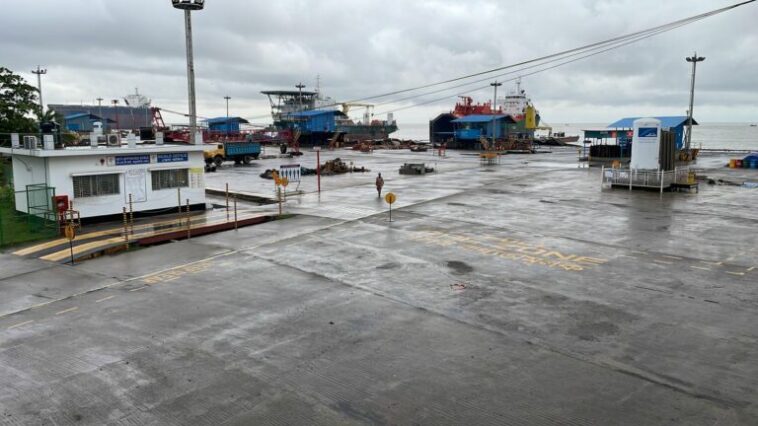It is crucial for Bangladesh to establish compulsory recycling regulations for its industries, setting specific quotas for packaging plastics to be derived from recycled sources. This strategy is a part of Bangladesh’s commitment to adhere to the impending global treaty addressing plastic pollution. This new treaty, organized by the United Nations in March 2022, proposes to manage plastic waste throughout its lifecycle—from manufacture to disposal—and is projected to be finalized by 2026 after international discussions come to an end.
The implementation of such recycling parameters will contribute to Bangladesh’s compliance with this impending treaty and at the same time, lower the country’s reliance on new plastics, a significant portion of which is brought in from other countries. However, achieving these objectives will necessitate massive investments in the infrastructure and technologies associated with recycling.
Representatives from various industries suggest that this transition could yield wide-ranging socioeconomic benefits. These could include a decrease in plastic usage, a reduction in the costs associated with imports, and a potential increase in savings of foreign currency.
A report from the World Bank revealed significant growth in plastic consumption on a per capita basis in urban areas of Bangladesh, from 3 kg in 2005 to a staggering 9 kg in 2020. During 2020, the total consumption of plastic in the country was 977,000 tonnes; unfortunately, only 31% of this was recycled. This leaves an alarming 70% of plastic waste to be disposed of in landfills, rivers, or oceans.
The reduction of plastic waste is quickly becoming a pressing economic concern. The global treaty tackling plastic pollution is in its final stages and could potentially be ratified in the upcoming year. Recognizing this, many leading figures from various sectors—including academics, business heads, and government officials—stressed the urgent need to raise public consciousness to counter the escalating plastic crisis.
Industries involved in the production and usage of plastics have voiced their worries over the growing impacts of plastic pollution. They stressed the inclusion of fiscal support to facilitate the transition to more sustainable practices. The push towards a sustainable business model of plastic utilization demands substantial financial investments.
Adopting cleaner production methods can result in cost reductions by increasing efficiency. However, acquiring the necessary funding poses a significant challenge, especially for small and medium enterprises (SMEs). The implementation of legally-binding recycling quotas would necessitate industry compliance.
Predictions suggest that international legislation relating to plastic use could become effective by 2026. Consequently, Bangladesh must be ready to adapt to these changes. The initiation of green taxation to encourage the recycling and reutilization of plastics is one suggestion that has been put forward as a potential solution.
Once enforced, the global treaty on plastic pollution will likely enforce a limit on the usage of plastic. It is recommended that Bangladesh also implements a predetermined limit, mandating that a certain proportion of production incorporates recycled plastics.
Addressing the pervasive issues in the plastic sector would require dealing with single-use plastics and the chemicals contained within them. Moreover, ensuring a ‘Design for Environment’ approach, whereby recycling is mandatory, is integral in the push towards greater sustainability.
The unchecked utilization of plastics is exerting a significant strain on the environment. Conversely, the adoption of cutting-edge technologies and the development of novel products have the potential to create new job opportunities and stimulate market growth.
The government is actively developing policies for plastic management with the objective of reducing plastic usage and promoting practices such as reuse and recycling. With the right measures and widespread awareness, a responsible and sustainable approach to plastic use may be achievable.

